Originally posted by: return_to_hades
I am currently watching Law and Order True Crime: Menendez Murders.
The defense lawyer says of the brothers "We know they did it, but why. You don't wake up one day and commit that level of violence. There is a story behind it" (I have paraphrased the gist)
What makes a villain? It is a tantalizing question. There are branches of psychology, psychiatry, and sociology all dedicated to understanding why some people become violent criminals.
It is a common theme in Star Wars. How did the innocent Anakin Skywalker become Darth Vader? And now, how did Ben Solo - the son of Han and Leia, nephew of Jedi master Luke - become Kylo Ren the dark Sith Lord.
Exploring the creation of a villain often humanizes a villain. It evokes a certain level of sympathy and understanding for a heinous character. It is easy to do in fiction because the atrocities of the villain are not real. No human being has actually suffered at the hands of the villain.
Doing so for a real-world villain is a tricky subject. It is one thing to write a thesis paper in strict academic confines. But to present a popular culture story that may make viewers feel sympathy for a mass murderer or terrorist is ill-advised. They are real villains. Their atrocities are real. Real people have suffered. Real people have experienced PTSD or other mental health issues or physical suffering due to the villain. No matter how authentic the story - if it evokes even a smidge of sympathy - it will be met with ire and controversy.
But another interesting facet of human psychology is that we are OK humanizing in-group villains but humanizing out-group villains upsets people.
For example take the "The McVeigh Tapes: Confessions of an American Terrorist". It was narrated by liberal flag bearer Rachel Maddow. Although met with resistance - most Americans accepted the documentary that painted McVeigh as a disillusioned American and somewhat of a martyr. Can you imagine a similar documentary on a Muslim bomber?
Compare and contrast the narrative around unarmed innocent black men being shot and white nationalist mass shooters.
Black men will be depicted through frightening mug shots. They will delve into all the negative parts of their history. They will be depicted as dangerous. A lot of effort is made to demonize them so that the shooting doesn't seem totally unjustified.
White mass shooters will be depicted through innocent photos from friends and family. They will delve into all the good parts of their history. They will be depicted as soft-spoken or introverted. A lot of effort is made to humanize them and create justified violence narratives.
So don't expect a Khilji prequel on why he was such a deranged person - unless its one that shows he was a born psychopath. Because not only is Khilji real - in India he is an out-group villain.














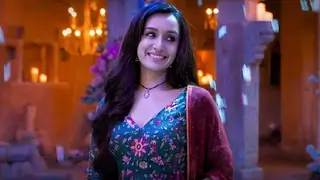

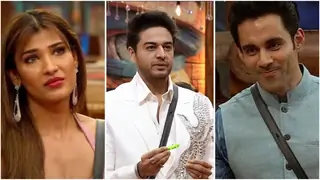
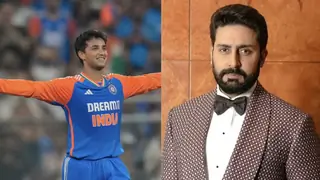

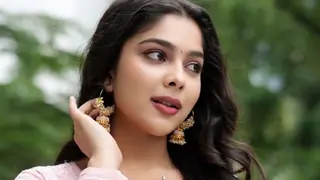

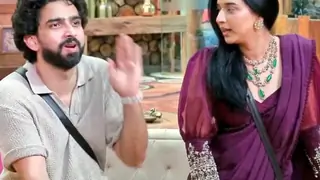

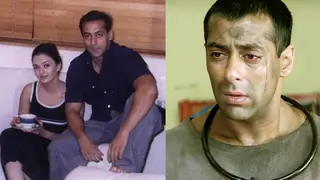




1